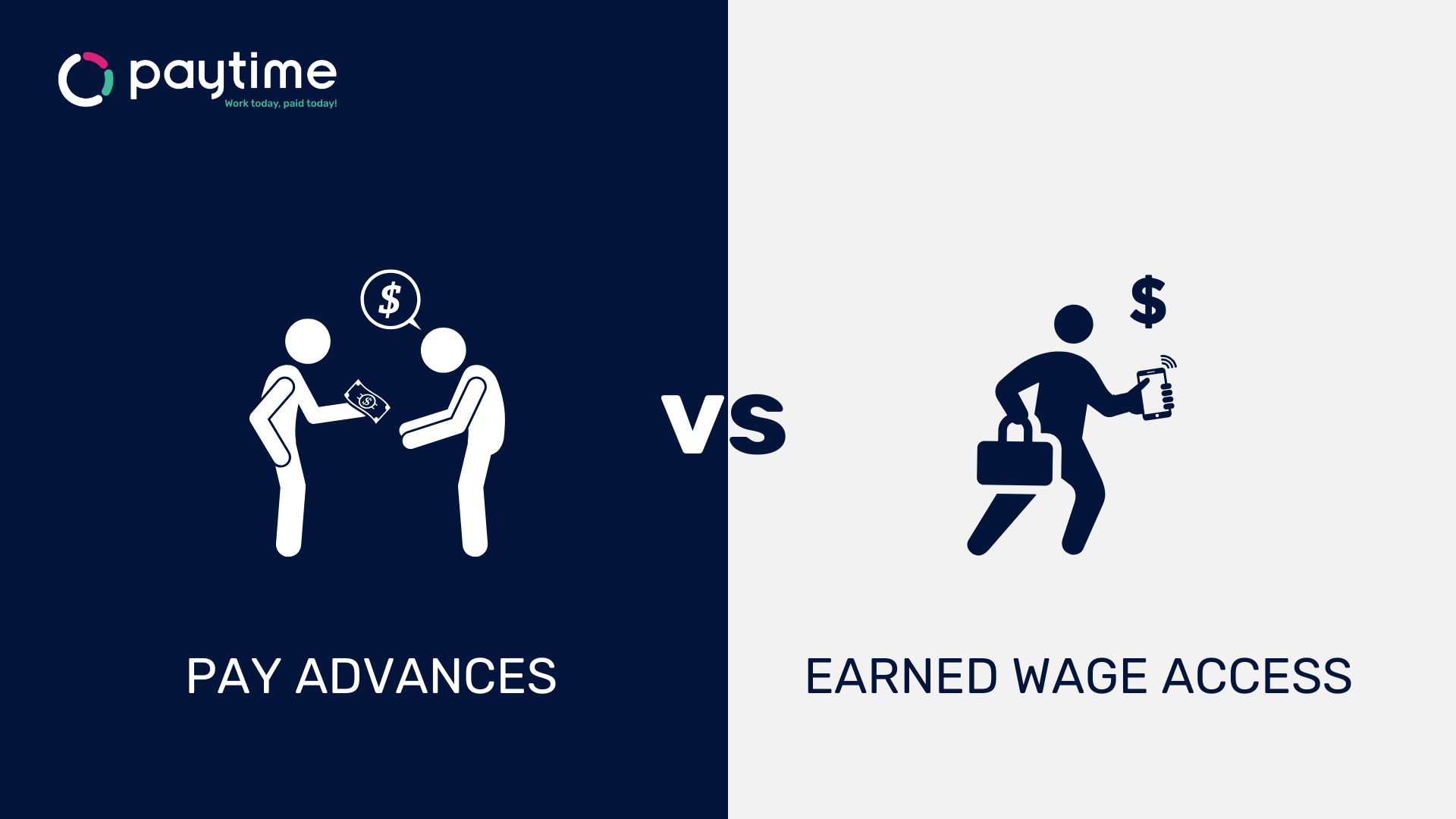Pay Advances vs Earned Wage Access: What Australian Employers Should Know
With the rising cost of living, many Australian employers are exploring ways to support staff by enabling earlier access to wages. Two approaches are common: traditional pay advances and modern Earned Wage Access (EWA). Here’s what to consider.
Administrative Burden and Efficiency
- Pay Advances: Ad-hoc pay advances usually require manual intervention, additional payroll runs, or special deductions. This adds time, effort, and risk of error for payroll and HR teams.
- EWA: A technology-driven solution that integrates directly with payroll systems. Once in place, there is no extra work for employers.
Financial Wellbeing and Behavioural Impact
- Pay Advances: Provide short-term relief but rarely lead to better financial behaviours or long-term money management.
- EWA: Includes features such as budgeting tools, savings plans, and financial literacy resources, helping staff develop healthier financial habits over time.
Attraction, Retention and Culture
- Both options can increase goodwill and staff loyalty.
- EWA provides a broader benefit by improving job satisfaction, reducing turnover, and reinforcing a culture that prioritises employee wellbeing.
Financial Flexibility in a Cost-of-Living Crisis
- EWA allows employees to access earned wages when needed, helping them cover bills, emergencies, or mortgage payments. This flexibility often reduces reliance on credit or interest-bearing debt.
- Pay Advances can help in urgent situations, but they lack the flexibility and ongoing benefits of EWA.
Debt Risk vs Empowerment
- Pay Advances: Sometimes treated like short-term loans, with the risk of fees, repayment stress, or creating a cycle of dependency.
- EWA: Not a loan. Employees access only what they have already earned, usually with a small flat fee, and with no impact on their credit rating.
Visibility, Reporting and Control
- EWA platforms automatically log withdrawals as post-tax deductions within payroll. Employers retain oversight through dashboards and can set usage limits.
- This ensures transparency and fairness without disrupting payroll processes.
Brand Integrity and Employee Trust
- Offering EWA demonstrates that your organisation understands modern financial pressures and values employee support.
- Unlike pay advances, which can feel inconsistent or discretionary, EWA provides fairness, transparency, and consistency.
Conclusion
Pay advances have played their part for many years, but Earned Wage Access is proving to be a better alternative for Australian employers. It reduces administration, supports financial wellbeing, improves attraction and retention, and shows employees they are genuinely valued.
If you are ready to provide meaningful, scalable, and responsible support for your workforce, now is the time to explore Earned Wage Access.

